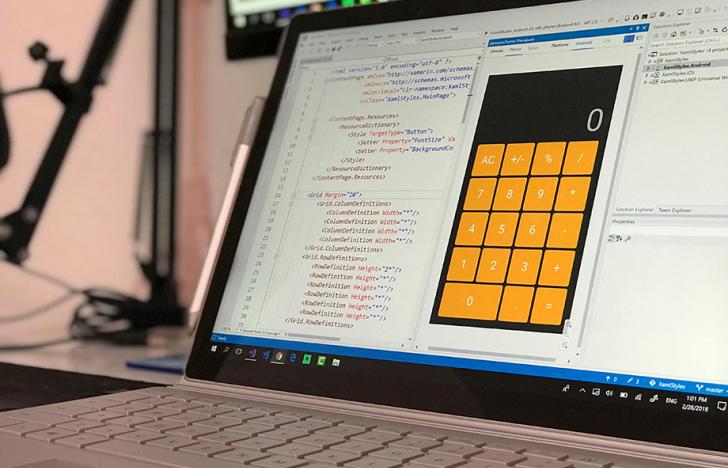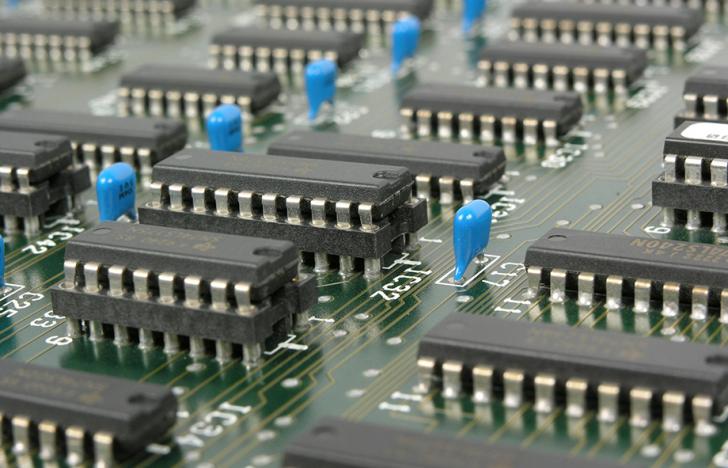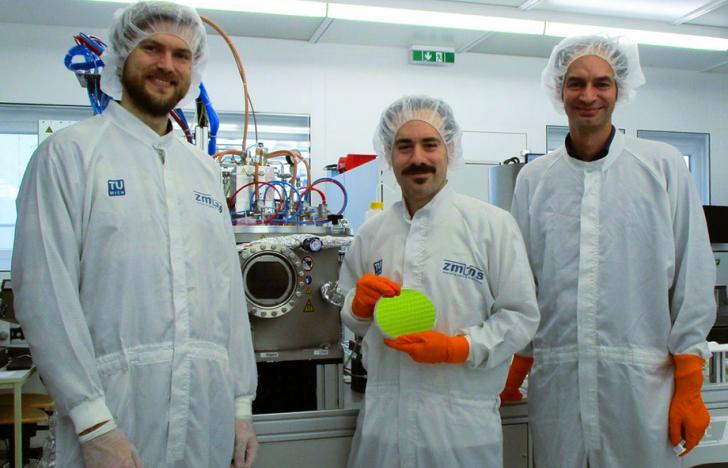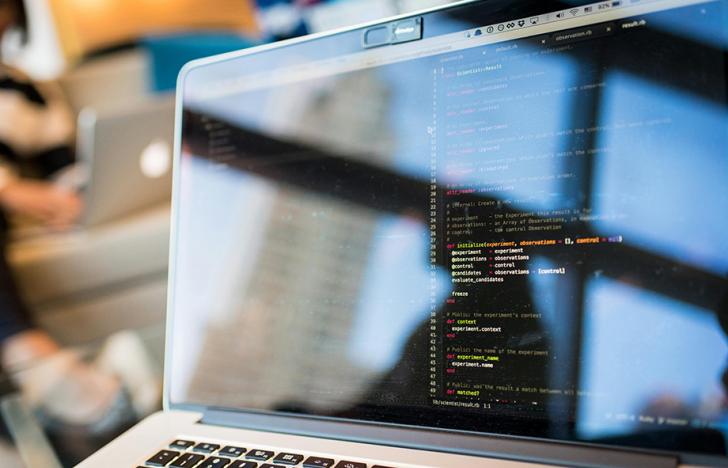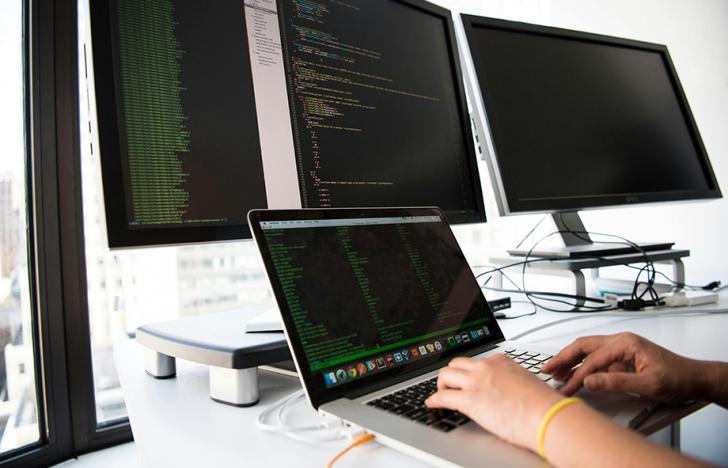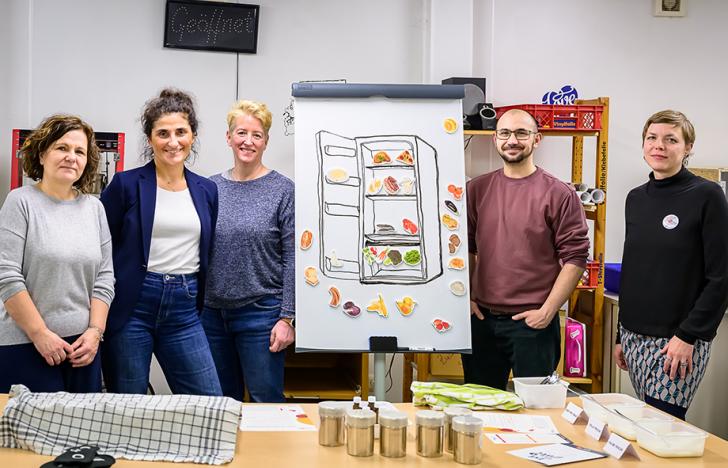“A house needs windows and doors”
 (C) KapschBusiness.Com
(C) KapschBusiness.ComDigital processes are indispensable in day-to-day work. economy found out which strategies and innovations are connected therewith from Peter Wöhrer, Manager Business Services at Kapsch BusinessCom.
Economy: What does modern digitalisation mean for businesses?
Peter Wöhrer: A person who views himself as part of the network and knows how to use it for his own business business can be successful. Not only the big digital players have an advantage here. Also small companies can participate. Data analysis, from traffic on the website up to measuring data in business or production, delivers insights for the optimisation of procedures, the exploitation of new business areas or development of new offers.
What constitutes a transformation?
The paths to the digitised, networked business are individual, but with the same fundamental idea: Technology shall make work more pleasant and procedures more efficient. Recently, individual solutions are increasingly available which make a real difference.
What does this mean for IT departments?
Previously, there was still the image of IT departments in the basement, which appear when users have problems. In the meantime, IT is an integral component of all areas of business - from facility management via bookkeeping up to production and logistics. IT affects all areas and is integrated with strategic and operative decisions.
How high is the security risk thereby?
People acting in a networked manner have many interfaces to the outside. Things can go out or unauthorised persons can come in through each window or door. Windows and doors are necessary in a house, we have to check continuously who comes in or goes out. This can be done with technical aids, but also through intentional action. The best lock does not help if the key hangs next to it, visible for everybody. Security is a process which has to be worked at constantly.
Are some industries affected more than others?
The difference is the sensitivity of the data. When data are processed by many persons or companies, for example by insurance companies, financial services or health companies, higher security standards are needed. A further crux is the number of interfaces to the outside. When data are collected from thousands of sensors outside the premises, such as smart metering, or many employees access sensitive data in a mobile manner, special measures have to be taken.
There are ongoing new developments, how can you keep up here?
You have to recognise trends early on and use them for individual requirements. That is a management task, or this coordinating role will be taken on by external partners. A chance opens here for domestic IT specialists.
Which trends do you see for the future in the IKT area?
A long-term mega trend exists: The Internet of Things. Predictions talk of about 50 billion of networked devices until 2020. Currently, the advantages for the individual production are checked, keyword Industry 4.0. In the beginning this will primarily mean an integration of new measurement and analysis tools in the business itself. Later on, customers and suppliers are also connected to the smart factory.
